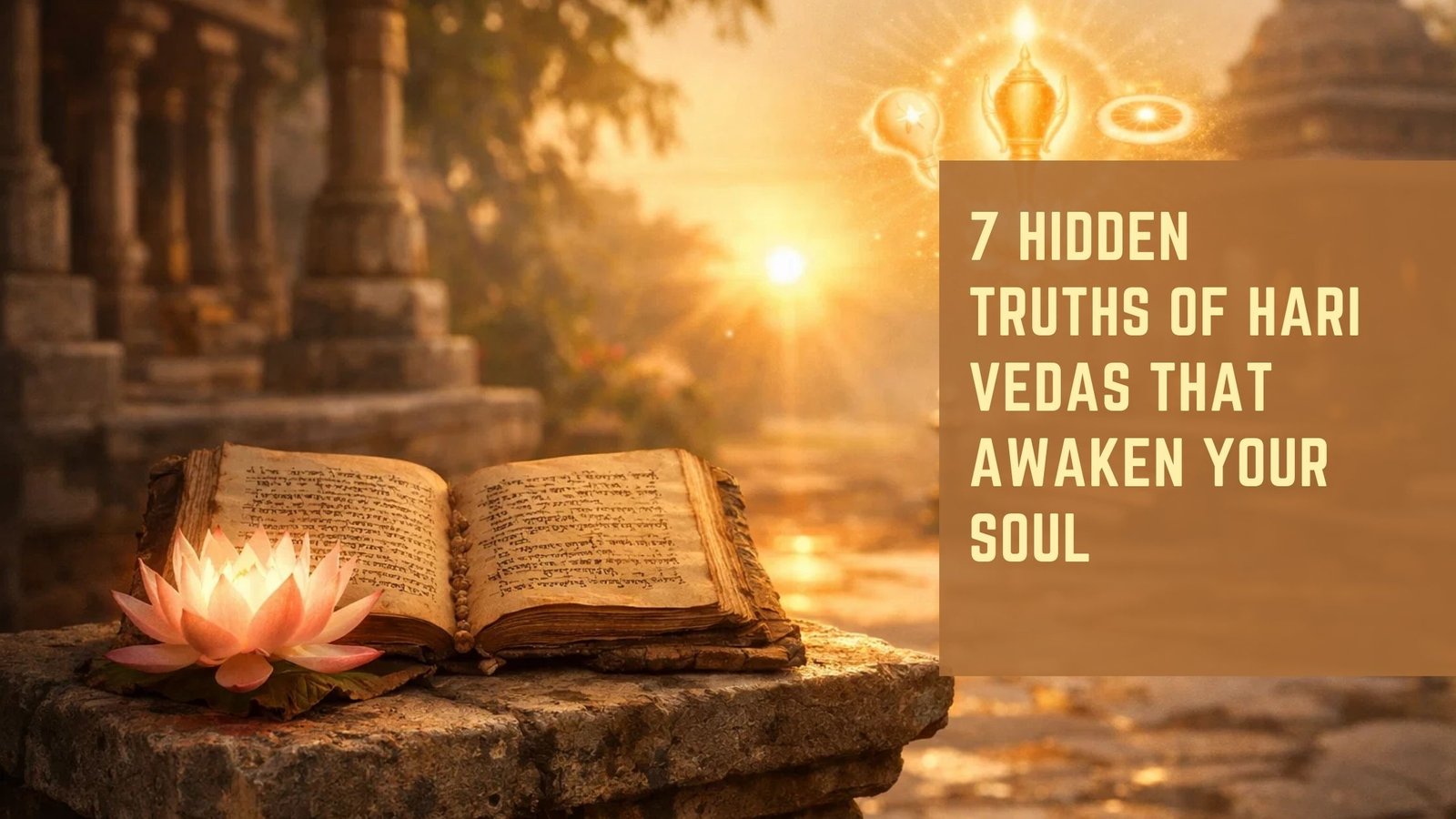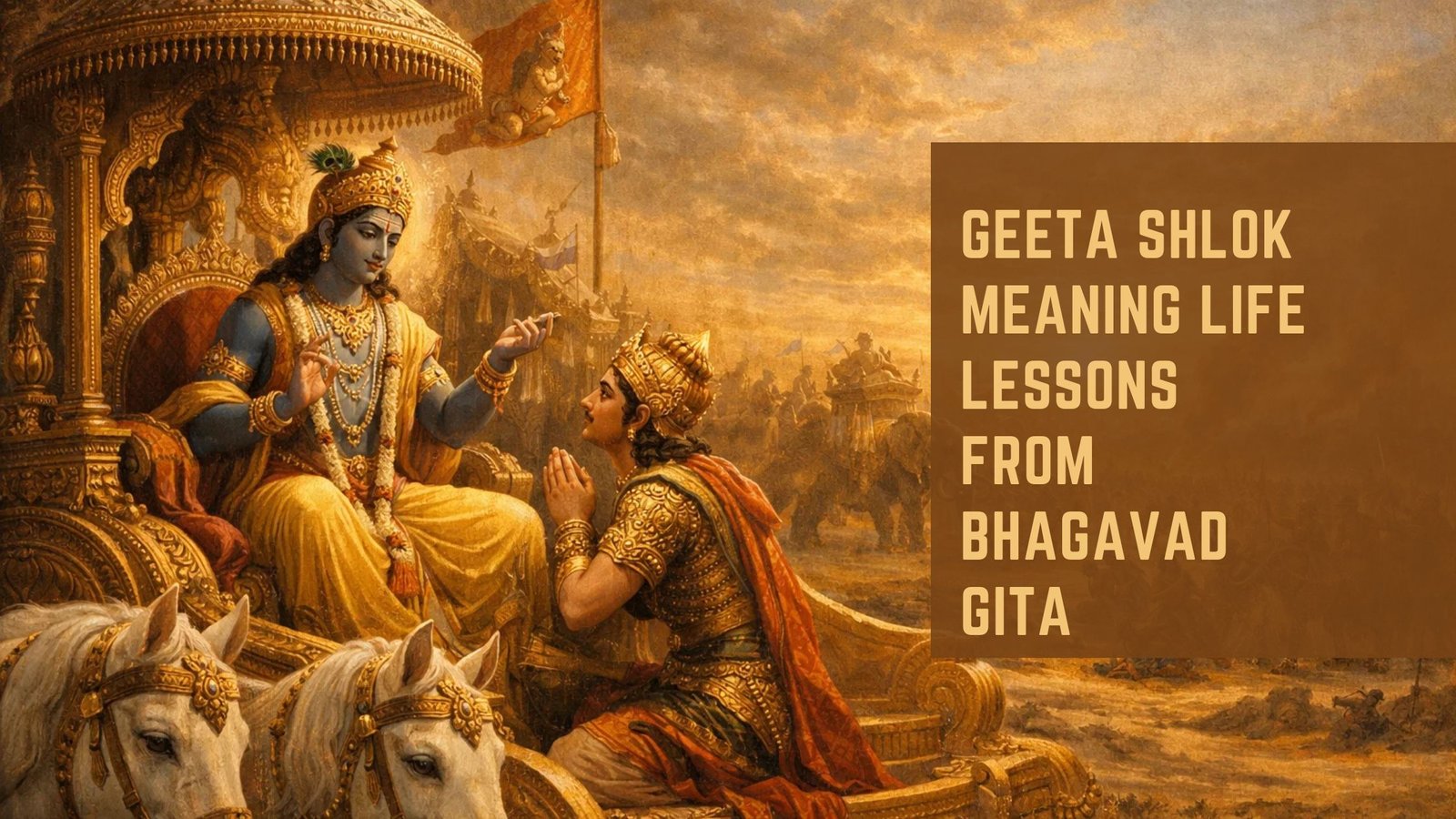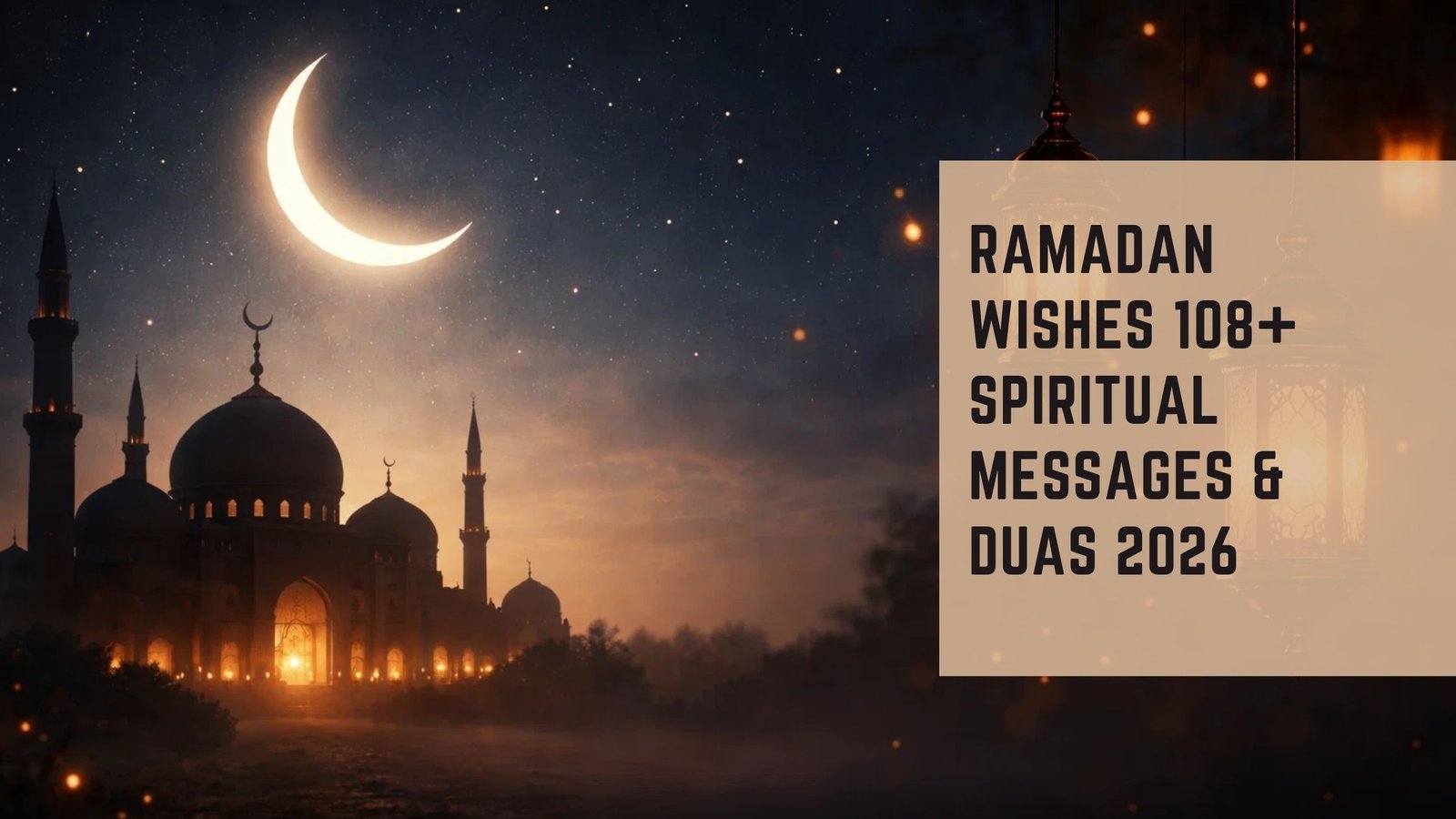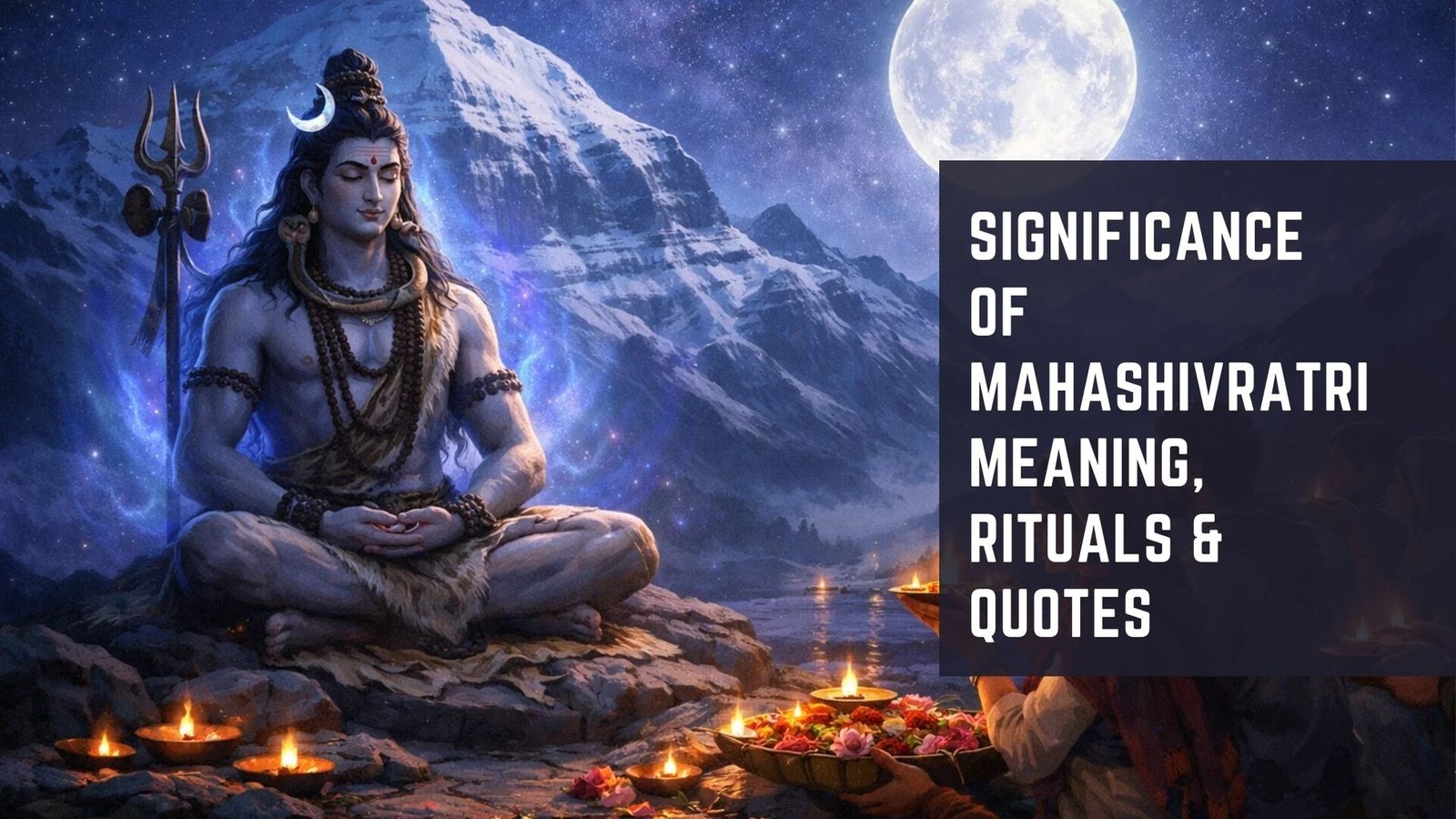The concept of the eternal soul has captivated human thought for centuries, transcending cultures and philosophies. It represents a fundamental aspect of existence, suggesting that there is a part of each individual that is timeless and unchanging. This notion invites individuals to explore deeper questions about life, death, and the essence of being.
The eternal soul is often seen as the core of one’s identity, a spark of divinity that connects humanity to a greater cosmic reality. As people navigate their lives, the understanding of this eternal aspect can provide profound insights into their purpose and the nature of their experiences. In various spiritual traditions, the eternal soul is viewed as a source of wisdom and guidance.
It is believed to be the essence that survives physical demise, continuing its journey through different forms and experiences. This perspective encourages individuals to look beyond the material world and recognize the interconnectedness of all beings. By contemplating the eternal soul, one can cultivate a sense of peace and acceptance, understanding that life is a continuous cycle of growth and transformation.
The exploration of this concept leads to a richer understanding of existence and the potential for spiritual awakening.
Key Takeaways
- The eternal soul is a fundamental concept in many spiritual traditions, representing the immortal essence of an individual beyond the physical body.
- The Bhagavad Gita, a sacred Hindu text, discusses the eternal soul as an integral part of its teachings on life, death, and the nature of existence.
- Bhagavad Gita 2:20 emphasizes the indestructible nature of the soul, which cannot be harmed by weapons, fire, water, or wind.
- The eternal soul is described as eternal, unchanging, and unaffected by the material world, representing the true essence of an individual’s being.
- Understanding the eternal soul can provide a deeper understanding of the relationship between the body and the soul, leading to a greater sense of purpose and fulfillment in life.
The Concept of the Eternal Soul in the Bhagavad Gita
The Bhagavad Gita, a revered text in Hindu philosophy, offers profound insights into the nature of the eternal soul.
This text serves as a dialogue between Prince Arjuna and Lord Krishna, who imparts wisdom on duty, righteousness, and the nature of reality.
The Gita emphasizes that while the physical body is temporary and subject to decay, the soul remains unchanged and eternal. This distinction between the transient body and the everlasting soul forms a cornerstone of its teachings. In the context of the Gita, understanding the eternal soul is essential for grasping one’s purpose in life.
The text encourages individuals to rise above their attachments to the physical realm and recognize their true nature as spiritual beings. By doing so, they can navigate life’s challenges with greater clarity and resilience. The teachings within the Gita not only illuminate the concept of the eternal soul but also provide practical guidance on how to live in harmony with this understanding.
This philosophical framework invites individuals to reflect on their actions and motivations, fostering a deeper connection to their inner selves.
Understanding Bhagavad Gita 2:20

One of the pivotal verses in the Bhagavad Gita is Chapter 2, Verse 20, which encapsulates the essence of the eternal soul. In this verse, Lord Krishna explains that the soul is neither born nor does it die; it is eternal and beyond the cycles of birth and rebirth. This profound statement challenges conventional perceptions of life and death, urging individuals to reconsider their understanding of existence.
The verse serves as a reminder that while physical forms may perish, the essence of life—the soul—remains untouched by time. The implications of this teaching are far-reaching. By recognizing that the soul is eternal, individuals can cultivate a sense of detachment from worldly concerns and fears surrounding mortality.
This understanding fosters resilience in the face of loss and change, allowing individuals to approach life with a sense of peace. Furthermore, it encourages a shift in focus from material pursuits to spiritual growth, emphasizing that true fulfillment lies in nurturing one’s connection to the eternal aspect of existence. In this way, Bhagavad Gita 2:20 serves as a guiding light for those seeking deeper meaning in their lives.
The Nature of the Eternal Soul
| Aspect | Metric |
|---|---|
| Immortality | Eternal existence beyond physical death |
| Consciousness | Awareness and self-reflection independent of the body |
| Individuality | Unique identity and personality that persists through lifetimes |
| Connection | Bond with the divine or universal consciousness |
| Growth | Ongoing spiritual development and learning |
The nature of the eternal soul is often described as pure consciousness—an unblemished essence that exists beyond physical limitations. It is characterized by qualities such as bliss, knowledge, and existence itself. Unlike the body, which is subject to decay and transformation, the soul remains constant and unchanging.
This intrinsic nature invites individuals to explore their true selves beyond societal labels and expectations. By delving into this understanding, one can uncover a profound sense of identity that transcends external circumstances. Moreover, the eternal soul is often viewed as interconnected with all living beings.
This perspective fosters a sense of unity and compassion, as individuals begin to recognize that they are part of a larger tapestry of existence. The realization that every soul shares this eternal essence can inspire acts of kindness and empathy towards others. In this way, understanding the nature of the eternal soul not only enriches one’s personal journey but also contributes to a more harmonious world.
The Relationship Between the Body and the Eternal Soul
The relationship between the body and the eternal soul is a central theme in many spiritual traditions, particularly in Hindu philosophy as articulated in the Bhagavad Gita. The body is often seen as a temporary vessel for the soul’s journey through various experiences. While it provides a means for interaction with the material world, it is ultimately transient and subject to change.
This distinction between body and soul has significant implications for how individuals approach life. By recognizing that they are not merely their physical forms but rather spiritual beings inhabiting those forms, individuals can cultivate a sense of detachment from superficial concerns.
This understanding encourages them to prioritize spiritual growth over material accumulation, leading to a more fulfilling existence. Furthermore, it allows individuals to navigate challenges with grace, knowing that their true essence remains intact regardless of external circumstances.
The Purpose of Understanding the Eternal Soul

Understanding the eternal soul serves multiple purposes in an individual’s life journey. Firstly, it provides clarity regarding one’s identity and purpose. In a world often filled with distractions and superficial pursuits, recognizing oneself as an eternal being can lead to profound self-discovery.
This awareness encourages individuals to seek deeper meaning in their actions and relationships, fostering personal growth and fulfillment. Additionally, comprehending the nature of the eternal soul can alleviate fears surrounding death and loss. By embracing the idea that life is a continuous cycle rather than an end point, individuals can approach transitions with acceptance and peace.
This perspective allows them to cherish moments without being burdened by anxiety about their impermanence. Ultimately, understanding the eternal soul empowers individuals to live authentically and purposefully, aligning their actions with their true essence.
Applying the Teachings of Bhagavad Gita 2:20 to Daily Life
The teachings found in Bhagavad Gita 2:20 offer practical guidance for navigating daily life with a sense of purpose and clarity. One way to apply these teachings is by cultivating mindfulness—a practice that encourages individuals to remain present in each moment while recognizing their eternal nature. By doing so, they can develop a deeper appreciation for life’s experiences without becoming overly attached to outcomes or material possessions.
Moreover, embracing detachment from worldly concerns can lead to greater emotional resilience. When faced with challenges or losses, individuals who understand their eternal essence are better equipped to respond with equanimity rather than despair. This perspective fosters a sense of inner peace that transcends external circumstances, allowing individuals to navigate life’s ups and downs with grace.
Additionally, integrating compassion into daily interactions can be seen as an extension of understanding the eternal soul’s interconnectedness with all beings. By recognizing that every individual shares this divine essence, one can approach relationships with empathy and kindness. This shift in perspective not only enhances personal connections but also contributes to creating a more compassionate society.
Embracing the Eternal Soul
In conclusion, embracing the concept of the eternal soul offers profound insights into human existence and purpose. The teachings found within texts like the Bhagavad Gita illuminate this timeless aspect of being, encouraging individuals to look beyond superficial concerns and recognize their true nature as spiritual beings. By understanding that they are not merely defined by their physical forms but rather by an indestructible essence, individuals can cultivate resilience, compassion, and authenticity in their lives.
As people navigate their journeys through life, embracing the eternal soul can serve as a guiding light—illuminating paths toward self-discovery and fulfillment. This understanding fosters a sense of unity with others while providing solace in times of change or loss. Ultimately, by integrating these teachings into daily life, individuals can embark on a transformative journey toward spiritual awakening and deeper connection with themselves and the world around them.
In Life Lessons from the Gita: Ancient Wisdom for Today, the timeless teachings of the Bhagavad Gita are explored in relation to modern-day challenges. Chapter 2 verse 20 of the Gita, which discusses the nature of the soul and its immortality, is a key theme in this article. The eternal wisdom of the Gita is beautifully elucidated, offering readers a deeper understanding of the profound insights contained within this ancient text. For those seeking to unravel the depths of the Gita and apply its teachings to their daily lives, this article serves as a valuable resource.
FAQs
What is the Bhagavad Gita?
The Bhagavad Gita is a 700-verse Hindu scripture that is part of the Indian epic Mahabharata. It is a sacred text of the Hindu religion and is considered one of the most important spiritual classics.
What is Chapter 2, Verse 20 of the Bhagavad Gita about?
Chapter 2, Verse 20 of the Bhagavad Gita discusses the nature of the soul. It describes the soul as being eternal, indestructible, and beyond the physical body. This verse is part of a larger discourse on the concept of the self and the nature of reality.
What are the key teachings of Chapter 2, Verse 20 of the Bhagavad Gita?
The key teachings of this verse include the idea that the soul is immortal and cannot be destroyed. It emphasizes the distinction between the physical body and the eternal soul, and the importance of understanding the true nature of the self.
How is the Bhagavad Gita relevant today?
The Bhagavad Gita addresses universal themes such as duty, righteousness, and the nature of existence, which continue to be relevant in modern times. Its teachings on self-realization and spiritual growth are still studied and applied by people seeking guidance and wisdom.














